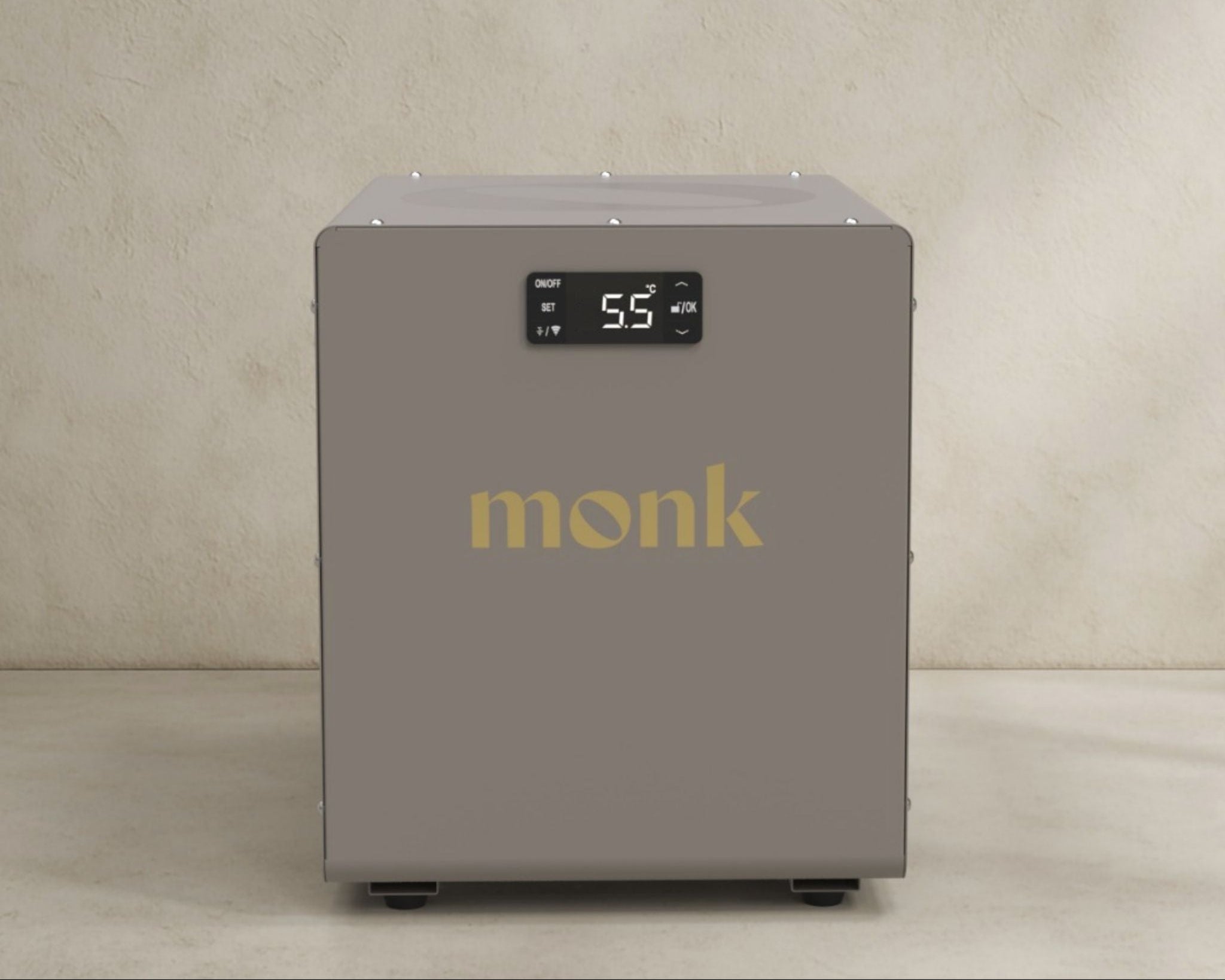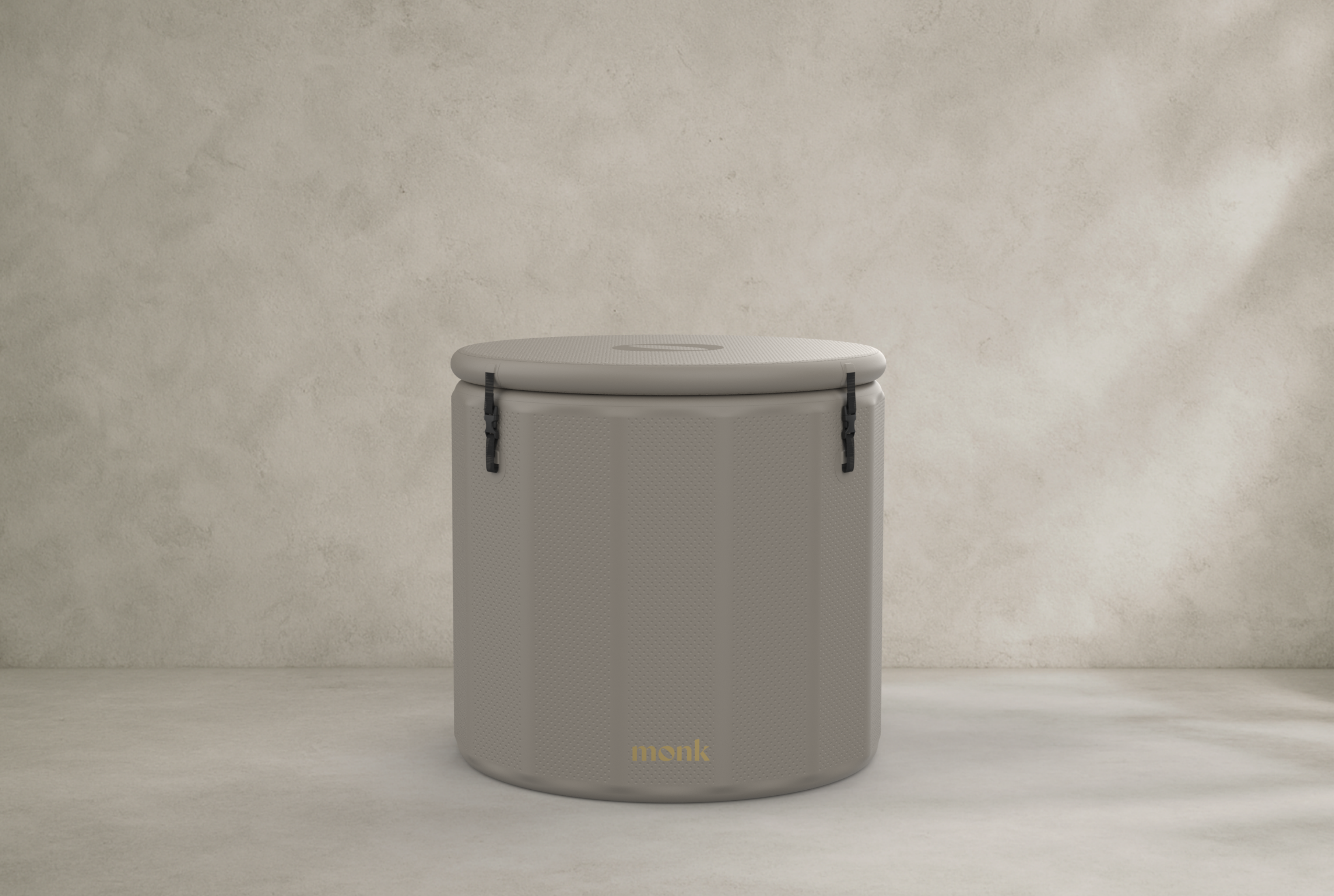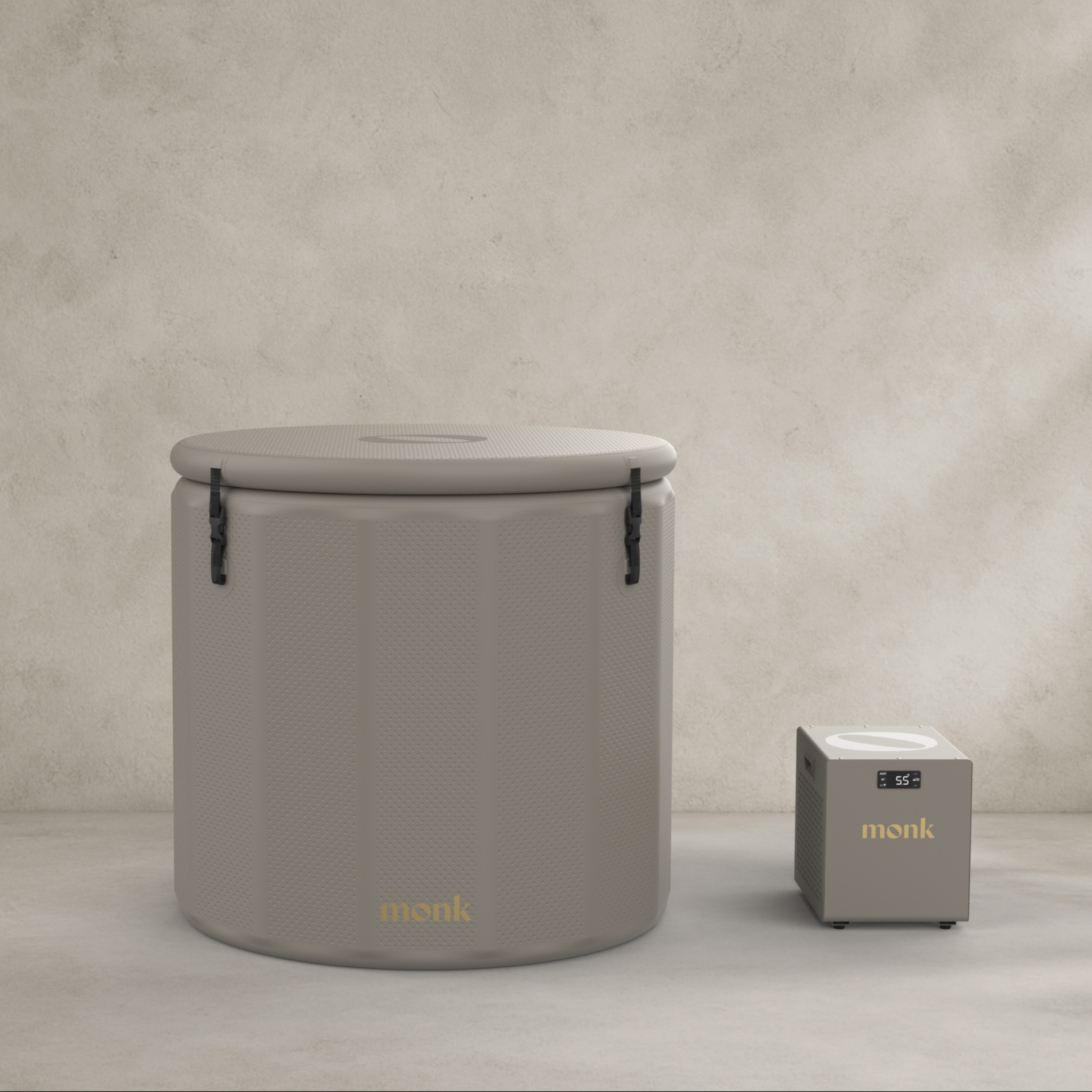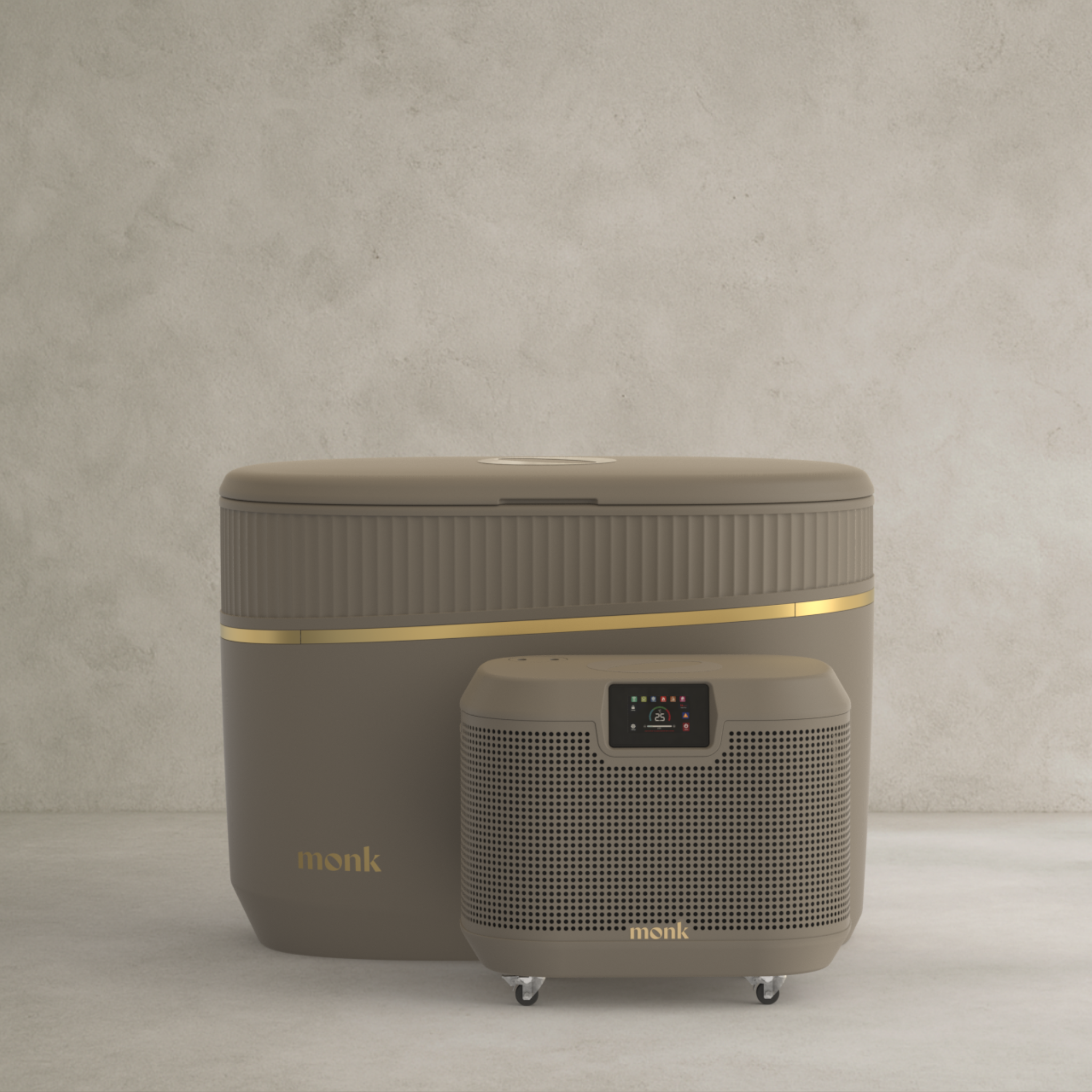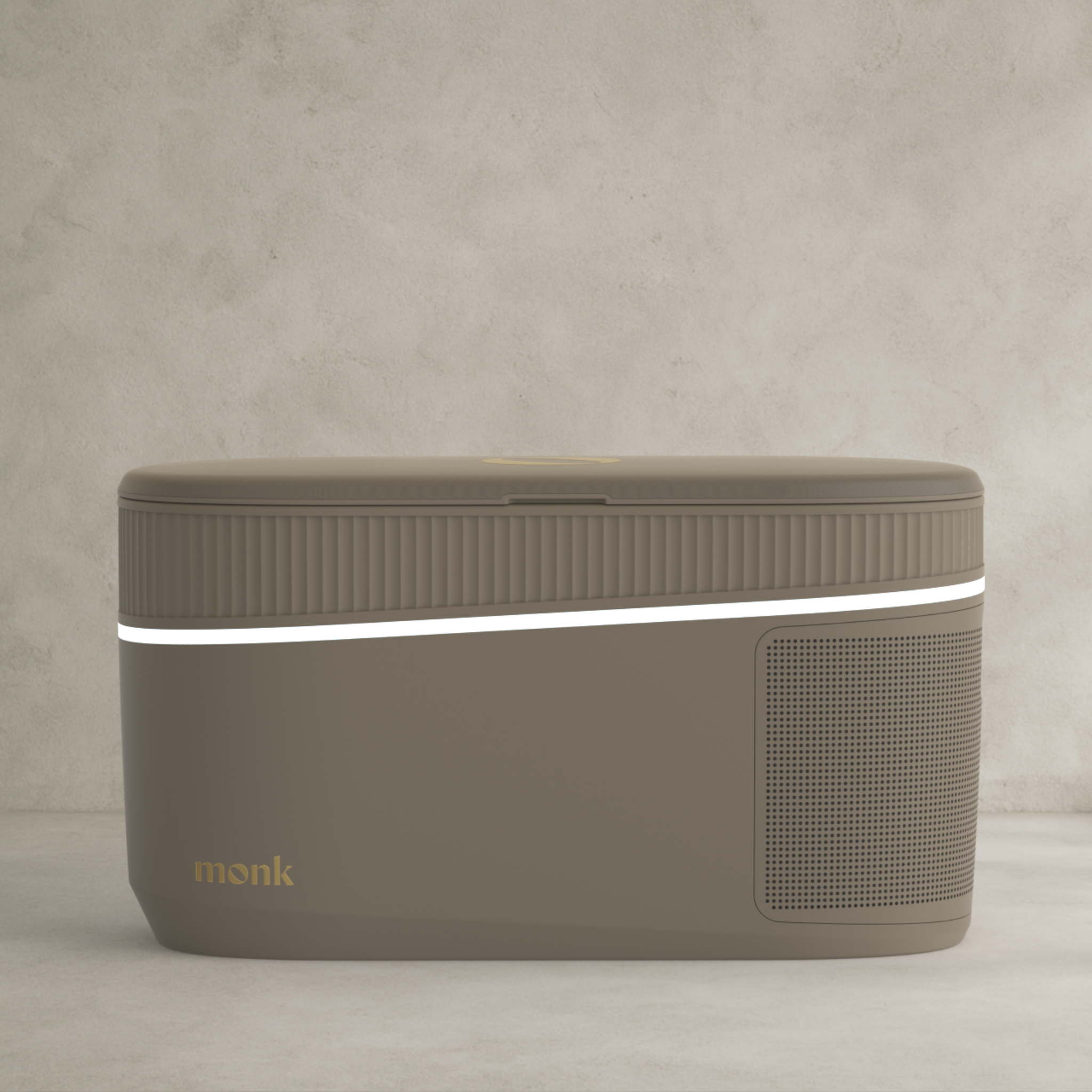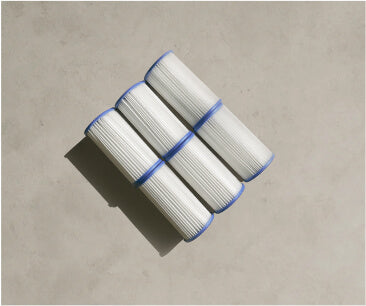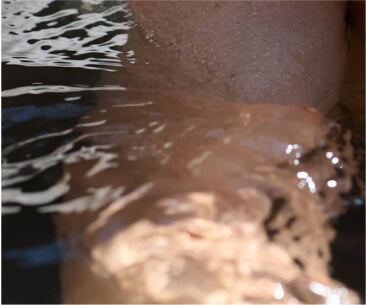Immunity benefits of cold water therapy
It can feel counterintuitive to hear that getting comfortable with being cold is good for your immune system. But evidence is stacking up for cold exposure, particularly cold water therapy, as a practice that can help us brace our immune systems for the challenges they face at any time of year.
The evidence suggests that cold water therapy can stimulate our body’s immune system, which could improve our ability to fight illness. Cold water immersion (CWI) has been shown to provide long-lasting positive changes, not only to our immune system, but also our lymphatic system and circulatory systems. These areas underpin our immunity and general health and lead to a heightened ability to deal with disease and infection. Cool story, but how does it work?
Cold Shock Response and Hormesis
If you get cold very quickly (like when you plunge into an ice bath) your body doesn’t just have one response – it has a range of acute physiological responses, collectively referred to as the cold shock response. The goal of the cold shock response is to reduce heat loss from the body and increase heat production inside the body.
Instinctively, we want to avoid getting too cold, just like we want to avoid getting too hot, because prolonged exposure can have a negative (and even fatal) impact on our bodies. But in controlled doses of cold water therapy, we can harness the biological phenomenon that is hormesis.
Hormesis is the “what doesn’t kill you makes you stronger” process. It’s where small amounts of seemingly harmful or stressful agents can be beneficial for your health and lifespan. Stress in the right doses activates your longevity switches, adapting you to be stronger and more efficient when faced with environmental stressors in future. It’s not unique to humans – it’s a universal animal phenomenon, showing how important it is for survival.
Now that we’ve covered the cold shock response and hormesis, let’s dig into what it means for our immune system.
Norepinephrine and immunity
Integral to the cold shock response is the release of the neurotransmitter and hormone norepinephrine (also known as noradrenaline), produced in the adrenal glands and some regions of the brain. Norepinephrine increases our heart rate, activates thermogenesis, constricts blood vessels (to reduce heat loss) and modulates our immune function.
Cold water activates the sympathetic nervous system, the part of the nervous system that governs our fight-or-flight response (an automatic physiological reaction to an event that is perceived as dangerous, stressful or frightening). When this is activated, there’s a neuroendocrine effect, meaning you get increased levels of hormones like cortisol, as well as increased levels of noradrenaline. This is likely what causes the increase in heart rate and blood pressure observed when people are immersed in cold water, and is linked to health improvements.
We know from studies that cold exposure can elevate norepinephrine 200-300%, which in turn inhibits inflammatory cytokines, which are small proteins that are known drivers of the inflammatory response.
Immune cells
There’s now more than a few exciting studies which demonstrate the impact that cold exposure has on the microscopic level of our immune cells. A study in England found that taking daily cold showers increased the numbers of disease-fighting white blood cells. The research suggested that, as the body tries to warm itself during and after a cold shower, metabolic rate speeds up and activates the immune system, which leads to the release of more white blood cells. This has been backed up by another study that sought to find out if the immune system can be activated by non-infectious means, in this case cold water immersion.
There are some cell types in particular that have been highlighted in research as being positively impacted by doses of cold. Production and activation of ‘Natural Killer cells’, less intimidatingly known as NK cells, which are major effectors of tumor immunity, has been shown to increase with brief daily cold stress. This same study, along with two others, was also able to show an increase in the number of cytotoxic T-cells, or T-lymphocytes, which are significant effectors of adaptive immunity. The brief daily cold stress regimen in mice across 8 days has been shown to improve their survival against intracellular Toxoplasma gondii, which is consistent with enhanced cell-mediated immunity.
Another clinical study looked at the effects of 6 weeks of cold water immersion – 14oc for 1 hour – on the immune system. It found that not only did it activate T-lymphocytes in participants, but also B-lymphocytes, and increased levels of IL-6, CD3, CD4, CD8, suggesting that the immune system was more active. The increased levels of IL-6, as well as NK cells, found in another study of cold exposure effects on the immune system adds even more evidence for the immunostimulating effects of stripping off and plunging into the cold. Still with us?
Antioxidants and Anti-Oxidising
Your mind might go straight to diet or supplements when you hear antioxidants, but our bodies can also produce some of our own with the right tools. One study found that people who regularly swim in ice cold water had relatively high levels of reduced glutathione, which is an antioxidant that’s vital for detoxing and combating oxidative stress in the body. The cold elicits enhanced anti-oxidative cellular defenses, including our internal antioxidant glutathione and superoxide dismutase pathway, which improves immune cell function.
Cold plunging has been shown elsewhere to enhance our antioxidant status, which allows us to deal with free radicals more effectively (free radicals can cause damage and contribute to diseases in our bodies, so increasing our ability to deal with them is a good thing).
Interestingly, exposure to cold water does initially cause oxidative stress in the body, but done regularly, it leads to an adaptive antioxidant response consistent with hormesis (which we explained in brief earlier).
Proteins
The building blocks of our body, proteins, can also be positively implicated by immersing ourselves in the cold.
Firstly, cold therapy can activate heat shock proteins (sounds strange, but stay with us): these proteins help untangle and assist with the proper folding of cellular proteins, thereby reducing the unnecessary effects of unruly inflammation (research here and here).
Cold therapy can also activate cold shock proteins, which are making waves in healthcare, particularly in relation to neurodegeneration. These cold shock proteins have been found to play a role in a number of acute and age-related diseases, including cancer, type 2 diabetes, chronic kidney disease, atherosclerosis, chronic liver disease, and asthma, as well as neurodegenerative diseases like Alzheimer’s and Parkinson’s. That. Is. Wild.
This could be related to the role cold shock proteins play in regulating a number of molecules involved in longevity pathways, including NF-kB (inflammation), p53 (DNA damage, senescence), and TGF-ß (fibrosis). Some proposed anti-aging therapies have also been shown to modulate cold shock proteins, such as fisetin and YB-1.
Lymphatic System
The first thing to cover when we’re talking about cold water therapy and the lymphatic system is stress. Not “how am I going to manage three deadlines, four meetings and a run today” stress. We’re talking physiological stress that occurs when your body is challenged by environmental factors, like invading bacteria and viruses, or significant temperature changes.
When you immerse yourself in cold water, you trigger a positive systemic stress activation. This process starts with the high density of cold receptors on the skin sending an overwhelming amount of electrical impulses to the brain. This positive transient activation ignites the sympathetic nervous system and the HPA axis, which is the Hypothalamus-Pituitary-Adrenal-Thyroid nervous and hormonal systems, and has immense stimulating effects on our immune system because it promotes lymphatic drainage.
The lymphatic system is a network of vessels that run throughout the human body. Their role is to help the body clear waste, microbes, and bacteria from the cells – like your very own in-built waste disposal system. The challenge is that this system is heavily reliant on contractions that help pump lymph fluid through the vessels to flush everything out. If your lymphatic system becomes inefficient and slow, it’s unable to properly clear fluid, which then grows stagnant. This can lead to any number of things, from a common cold, to joint pain, to infection and disease.
When you immerse in cold water, your lymph vessels get a real workout. The cold causes them to contract, which in turn cranks up their efficiency for pumping lymph fluids around the body and flushing waste away. This also triggers a response in our immune system’s white blood cells: they attack and destroy the unwanted substances in the lymph fluid. This means all those bacteria, microbes and other waste products are unable to infect the body or activate any of the common side effects related to sickness. If that weren’t enough, cold water immersion has also been shown to significantly increase white blood cell and platelet counts, which means an increase in our body’s base ability to fight infection.
What do the immunity benefits of cold water therapy mean for day-to-day life?
Knowing how cold water therapy can benefit your immune system, and understanding just how great an impact it can have on your wellbeing are two different things, but there’s evidence to demonstrate the latter too.
In a study of over 3,000 people, researchers found that work absence due to sickness was reduced by 29% in the group which ended their daily shower with 30 seconds of cold water. Those who strip off and swim in the cold have also been shown to have more resilient immune systems: in a study of 85 Germans who regularly participated in cold water swims, it was found that they experienced 40% fewer upper respiratory tract infections than a control group (who did not participate in regular cold water swims). Samples of their blood showed one reason for this enhanced immunity: they had boosted antioxidant protection.
This hasn’t just been shown to benefit the average healthy person who gets the odd cold. In patients with COPD (Chronic Obstructive Pulmonary Disease), a type of lung condition that causes breathing difficulties, cold water therapy was also found to be beneficial for reducing the frequency of respiratory infections and improving their general wellbeing. The research also suggested that it caused immunological modulation in terms of the Th-1 type pattern, as well as increased peak expiratory flow, lymphocyte counts, expression of gamma-interferon and modulated interleukin expression.
Studies have gone even further to show just how strong the connections are between cold water immersion and improved immunity. In addition to showing how antitumour immunity could be boosted by daily cold exposure over a period of weeks or months, we now have evidence that exposure to the cold could help us gain conscious control over our immune system, something previously thought to be impossible.
You may already be familiar with the ground-breaking study involving Wim Hof that saw him demonstrate conscious control over his immune system when he was injected with a dead strain of e.coli. It may sound like a superpower, but the results have been replicated: another Dutch study had a group of healthy volunteers practice meditation, deep breathing and cold water immersion techniques. Then they were injected with a bacterial endotoxin. The significant increase in adrenaline that was observed in the volunteers that used meditation, breathing techniques and cold water therapy led to increased production of anti-inflammatory mediators. This then dampened the proinflammatory cytokine response when they were exposed to the infection, and as a result, they had fewer symptoms than the control group. In this instance, cold water therapy was credited with helping volunteers build up a resistance to stress over time – hormesis at play once again.
Wrapping it up
We now know that it’s not just intrepid hour-long ice hole dippers that can strengthen their immune system with cold exposure. Even smaller doses of cold can be effective for reducing the annoying illnesses that we suffer with each year, alleviating symptoms of more serious conditions or even controlling our immune response altogether. To what extent cold water therapy can improve our immunity is still yet to be discovered, which is why we’re so thrilled to be contributing to the evidence base with our own data from Monk users in the future.
Please note: educational information is not the same as medical or psychological advice. This blog post is reviewing published scientific evidence, and all information on this website is presented for educational and informative purposes only. It is not intended to replace professional, medical, or psychological guidance in any capacity.
